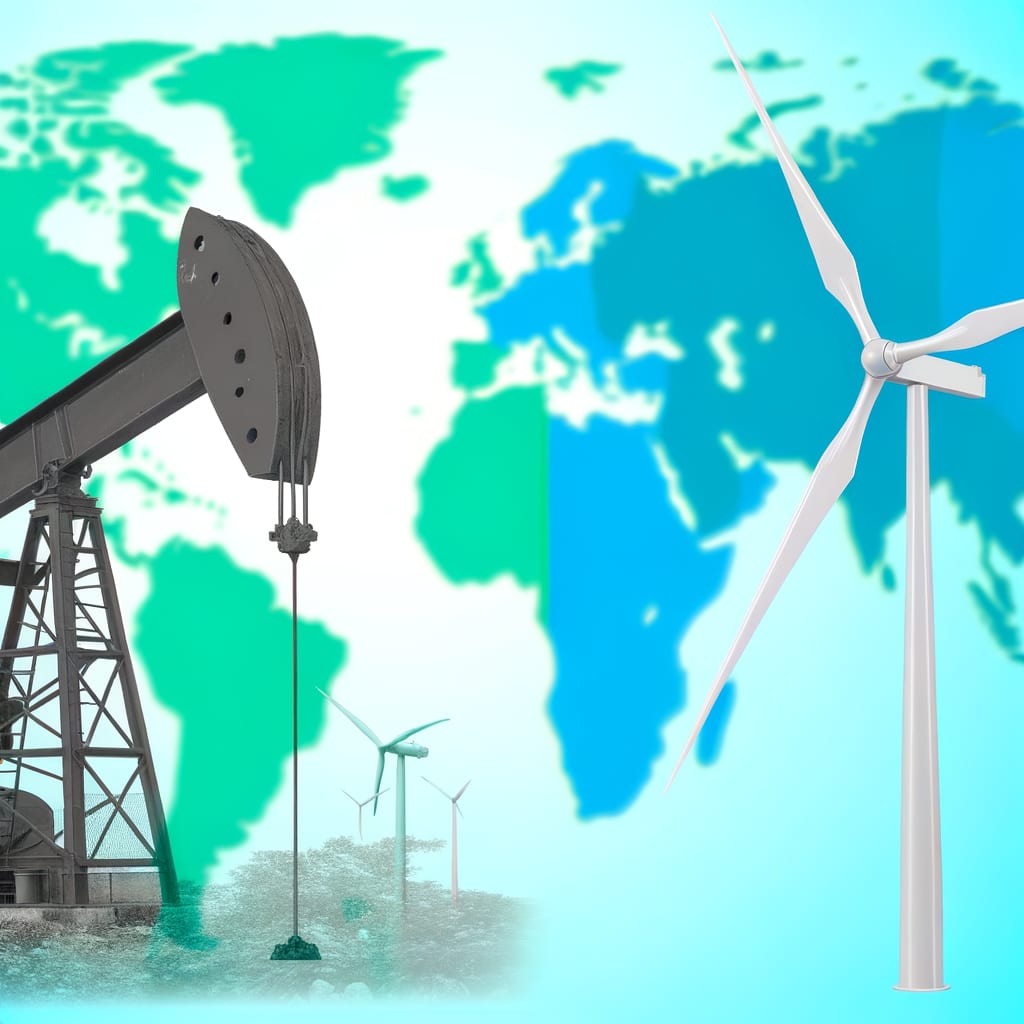Brent Prices Surge Amid Global Energy Transition Uncertainties
Brent futures surged by 1.51% to $65.03 a barrel as global energy demand continues to rise, according to recent market data on ICE [TASS]. This comes at a time when the world is grappling with the inevitable transition from fossil fuels to renewable energy, complicated by the increasing demand for cooling and the cloudy forecasts for peak oil demand.
Global Energy Landscape
The International Energy Agency (IEA), once projected that oil and gas demand could level off by 2030, is now backing off from this projection [New York Times], amidst increasing pressure from the Trump administration [Le Monde]. The demand for energy is indeed increasing, causing unprecedented tensions and necessitating a diversification of supplies and increased cooperation [ANSA].
Meanwhile, the United Nations anticipates that the demand for environmental cooling will triple by 2050 due to global warming, leading to a doubling of greenhouse gas emissions related to the operation of appliances [Folha de S.Paulo]. This is in line with predictions that the year 2025 will be the second or third warmest on record [Clarin].
The Rise of Renewables
Despite the increasing demand for oil, a supply boom in cheaper renewables is expected to seal the end of the fossil fuel era, according to the IEA [The Guardian]. The world is projected to build more renewable energy projects in the next five years than has been rolled out over the last 40, making the transition away from fossil fuels inevitable
. Electric vehicles (EVs) are proving their worth when it comes to long-term emissions, overtaking gas-powered ones in total CO2 savings after about two years [Fox News].
Political and Environmental Reactions
These developments have sparked various reactions at the political and environmental front. Notably, President Luiz Inácio Lula da Silva of Brazil announced the creation of a transition energy fund using resources from the extraction of fossil fuels to finance the country's energy transition [Folha de S.Paulo]. Meanwhile, Democrats have accused the EPA of trying to terminate a federal greenhouse gas-tracking program, which is used as a model for carbon tax and cap-and-trade systems [Fox News].
The global youth climate justice movement continues to protest and strike against fossil fuel expansion, despite their limited say in government decisions and at annual COP climate change conferences [AllAfrica.com]. The COP30 in Belem, Brazil, will allow testing the political will of states to organize a phase-out of fossil fuels [Le Monde].
Conclusion
The global energy transition is fraught with uncertainties and challenges as nations grapple with the increasing demand for energy, the inevitable rise of renewables, and the urgent need to mitigate climate change. As the world heads towards a warmer future, the energy decisions made today will have far-reaching implications for generations to come. With Brent prices surging and demand for cooling skyrocketing, the question is not whether the transition will happen, but how fast and at what cost.

